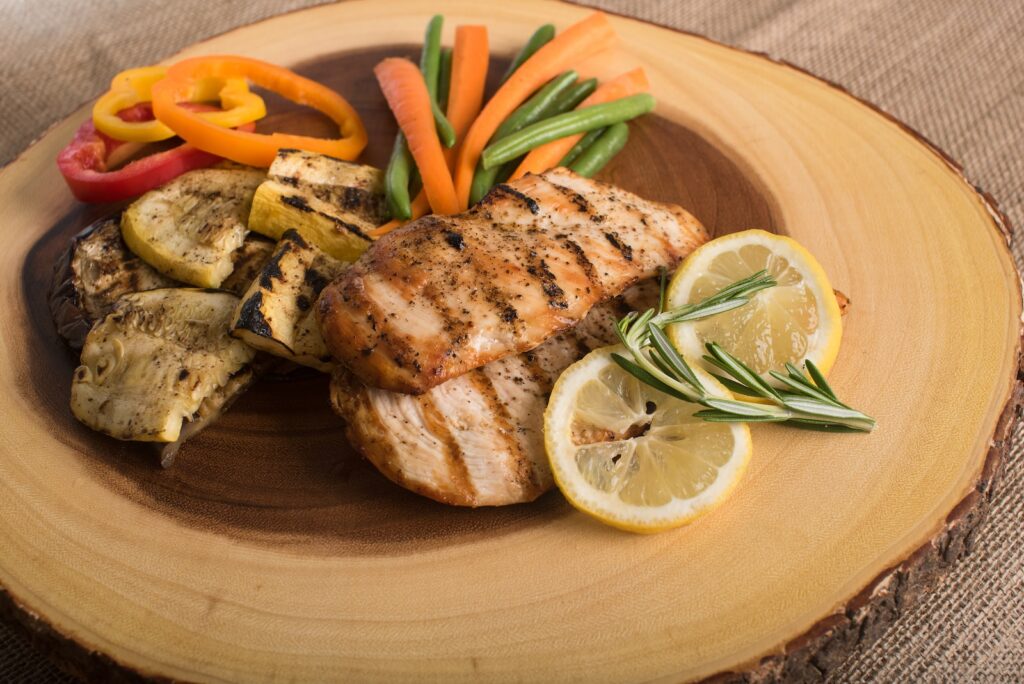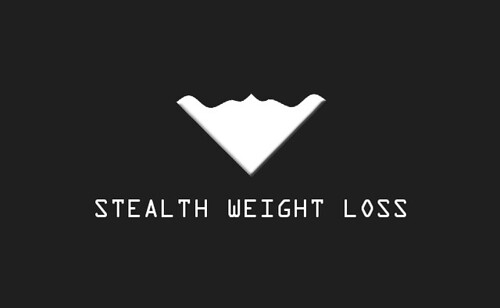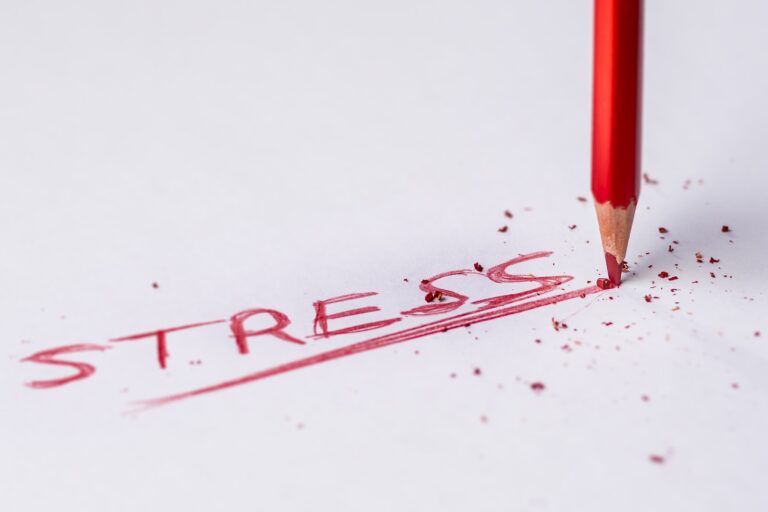The Importance of Protein in a Weight Loss Diet Plan
Are you struggling to shed those extra pounds despite trying out various weight loss diets? The key to losing weight successfully lies in a well-balanced diet that includes all essential nutrients- protein being one of the most crucial ones. Not only does protein keep you feeling full for longer, but it also helps in building muscle mass and burning calories efficiently.
In this blog post, we’ll explore the critical role played by protein in a weight loss plan and how you can incorporate it into your daily meals effortlessly. So sit back and get ready to discover the wonders of incorporating sufficient amounts of protein into your diet!
What is Protein?

Protein is an essential nutrient that helps to maintain muscle mass and promote weight loss. It’s also important for digestive health and building new cells. Protein can be found in meat, dairy products, legumes, and grains. Of all the food groups, protein is the most Satiating so it helps to keep you feeling fuller longer. In addition, protein helps to regulate blood sugar levels and supports a healthy blood lipid profile.
There are many benefits to consuming protein each day, including:
- Helping to maintain muscle mass and promote weight loss.
- Supporting a healthy blood lipid profile.
- Regulating blood sugar levels.
How Much Protein is Enough?
Protein is an essential nutrient for a healthy body. It helps to build and maintain muscle, provides energy during workouts, and aids in the process of digestion.
How much protein is enough?
The amount of protein you need depends on your age, sex, weight, activity level, and dietary goals. However, the American Dietetic Association (ADA) recommends at least 0.36 grams of protein per pound body weight – which amounts to 54 grams per day for the average person.
If you’re trying to gain muscle mass, the ADA recommends more than 0.7 grams of protein per pound of body weight – which amounts to 117 grams per day for the average person.
The Benefits of Including a Healthy Amount of Protein in Your Diet
A healthy diet is one that contains the appropriate amount of carbohydrates, proteins and fats. Protein is an essential nutrient for both adults and children and is needed in order to maintain muscle mass, build blood cells, produce hormones, enzymes and other proteins required for daily tasks. According to the University of California at Berkeley Dietitians Association (UCDC), a Recommended Dietary Allowance (RDA) for protein is 55 grams per day for men and 47 grams per day for women. The current guidelines suggest that adults make sure they consume at least 10% of their daily caloric intake from protein.
The 2010 dietary guidelines recommend that everyone include a healthy amount of protein in their diet in order to support weight loss and optimal health. The American Dietetic Association notes that adding more than the recommended minimum of Protein as part of a balanced diet can lead to benefits such as helping you feel fuller longer, speeding up muscle recovery after exercise, supports cognitive function and helps control blood sugar levels.
When including a healthy amount of protein in your diet it can help curb cravings by keeping you feeling fuller longer so you aren’t tempted by unhealthy foods. According to registered dietitian nutritionist Katherine Zeratsky “When you’re eating more than your body needs (ie., more than 25percent above your TDAs) this surplus will be stored as fat instead of being used as fuel”. This means including enough protein in your meals not only helps with weight loss but keeps you healthier too!
Types of Protein Sources
There are a variety of protein sources that can be incorporated into a weight loss diet plan. These include: animal protein, plant-based proteins, and soy proteins.
Animal protein is the most common type of protein in the American diet. It includes meat, poultry, fish, and eggs. Animal proteins contain all the essential amino acids which are necessary for muscle growth and maintenance. They are also high in saturated fat and cholesterol which can contribute to weight gain if over consumed.
Plant-based proteins come from foods such as legumes, nuts, seeds, peas, beans, and grains. They are low in saturated fat and cholesterol but high in fiber which may help with digestion and weight control. Some plant-based proteins are also vegan or gluten-free which make them a healthier option for some people.
Soy proteins are made from soybeans which have been simmered in water or milk to form a liquid soup known as “tempeh” or “textured vegetable protein (TVP).” Soy protein contains all the essential amino acids and is a sustainable source of food because it can be grown without irrigation or fertilizers. Soy products are natural Sources of calcium so they may help build strong bones if included on a weight loss diet plan.
There are a variety of other plant-based proteins that can be incorporated into a weight loss diet plan, including hemp and quinoa. Hemp is a type of plant-based protein that is high in fiber and contains no cholesterol or saturated fat. Quinoa is a gluten-free seed which has been cooked and then ground into a flour. It is high in antioxidants, minerals, and vitamins and can be substituted for rice or other grains on a weight loss diet plan.
Are Whey and Casein the Same Type of Protein?
Whey and casein are two types of protein. Whey is a type of milk protein, while casein is a type of dairy protein. These proteins have different benefits, which can help you in your weight loss goals.
Whey offers more immediate benefits than casein. Whey contains high amounts of the amino acid leucine, which helps to increase muscle mass and promote fat loss. Casein, on the other hand, provides longer-term results when it comes to muscle growth and weight loss because it digests slowly and delivers a steady stream of nutrients to the muscles over time.
Both whey and casein are important parts of a healthy diet plan. Mixing up your protein sources can give you even greater benefits for your overall fitness goals.
Which is Better for Strength Training?
Whey or casein protein is best for strength training because they provide different benefits. Whey protein provides more immediate benefits than casein, such as helping to increase muscle mass and promote fat loss. Casein, on the other hand, provides longer-term results when it comes to muscle growth and weight loss.
Because both whey and casein are important parts of a healthy diet, it is important to mix up your sources if you want to optimize your fitness results.
The Best Ways to Consume Protein on a Weight Loss Diet
When it comes to losing weight, one of the most important things you can do is consume high-quality protein. Not only does protein help keep you feeling fuller for longer, but it also helps shuttle nutrients to your muscles and prevents them from turning into fat.
The best way to get your daily dose of protein is by consuming a Complete Proteins formula. These drinks provide all nine essential amino acids, which are responsible for promoting muscle growth and keeping your metabolism running at full speed. Alternatively, adding more lean protein sources to your diet can also be a great way to meet your daily intake.
Consider eating meat, poultry, fish or eggs as part of a healthy diet plan – they all contain quality protein that will help contribute to weight loss goals. And while supplements such as Complete Proteins are an excellent way to ensure you’re getting enough protein each day, make sure to talk with your doctor before starting any type of supplementation program – there could be other risks associated with using these products incorrectly.
Conclusion
Protein is arguably one of the most important nutrients when it comes to weight loss. A diet rich in protein will help you to feel fuller for longer and control your appetite, making it easier to stick to your weight loss goals. Make sure that you are including enough protein in your everyday meals by choosing sources such as lean meat, fish, eggs, legumes and low-fat dairy products. Remember to balance out your protein intake with plenty of fibrous fruits and vegetables so that you obtain all the vital vitamins and minerals your body needs.







3 Comments